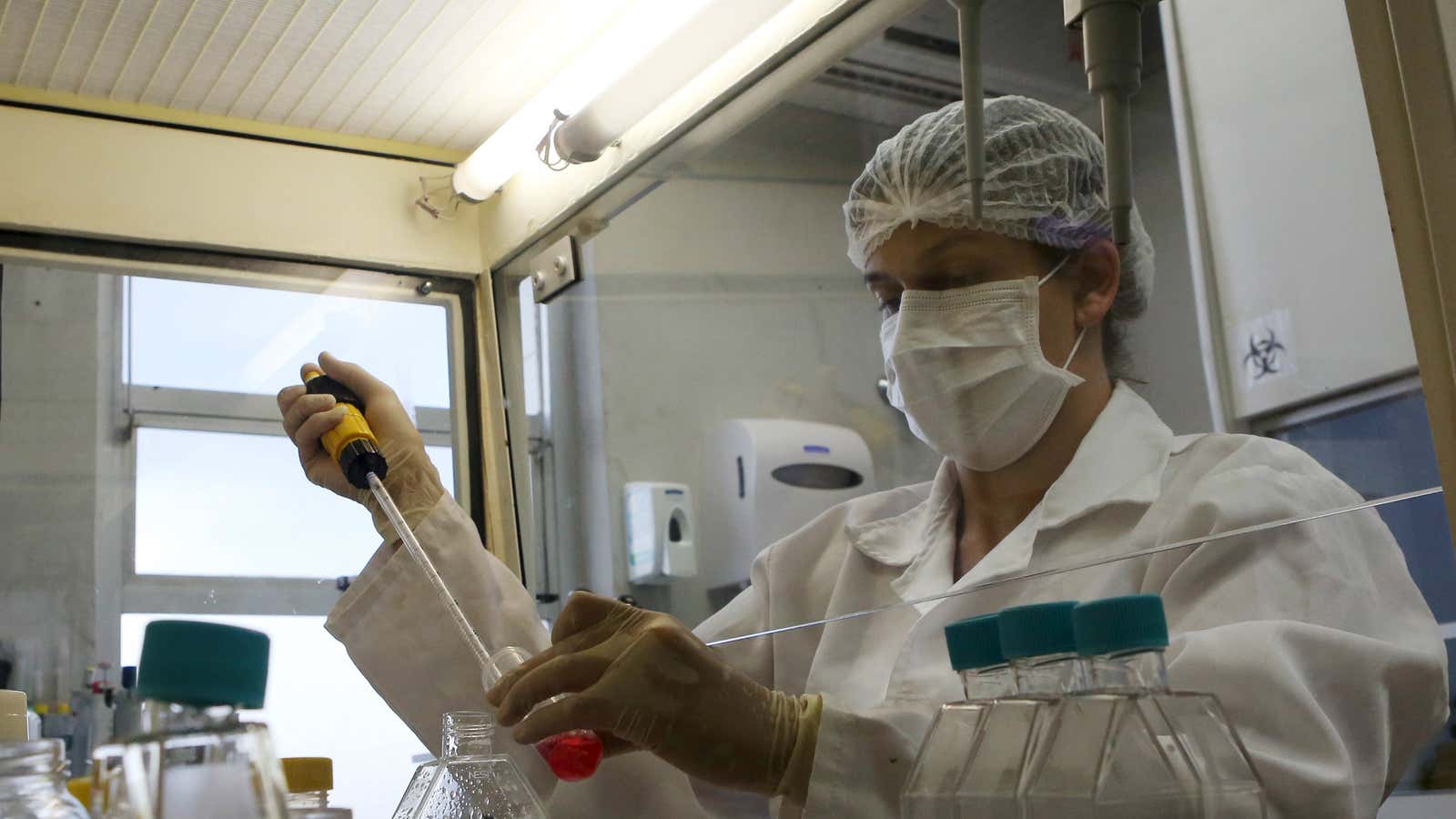Open-access advocates have long called for scientific research—often trapped behind expensive science-journal paywalls—to be more freely available to the public. Now, European Union science chiefs have proposed making all publicly funded science research papers published in Europe free to access by 2020.
The European commissioner for science, research and innovation, Carlos Moedas, called the move ”life-changing” and a “major step forward for science.” A core justification for the move is that the public funds research, so the results should be freely available to any citizen.
The Competitiveness Council, which brings together ministers from EU member states responsible for trade, innovation, science industry, agreed on the 2020 goal on Friday (May 27) after two days of meetings in Brussels. The council’s conclusions are not legally binding, but have been recommended to the European Commission to implement and advocate for in member states. If successful, universities, news organizations, libraries, and other institutions could access research papers without having to pay heavy subscription fees, as is currently the case.
Its backers say the move is beneficial to the greater public, and also boosts Europe’s position as a place to innovate and carry out research. “Europe must be as attractive as possible for researchers and startups to locate here and for companies to invest,” said Sander Dekker, the Netherlands’ state secretary for education, culture and science. “That calls for knowledge to be freely shared. The time for talking about open access is now past. With these agreements, we are going to achieve it in practice.”
A spokesperson for the Competitiveness Council told Science Magazine: ”This is not a law, but it’s a political orientation for the 28 governments. The important thing is that there is a consensus.”
